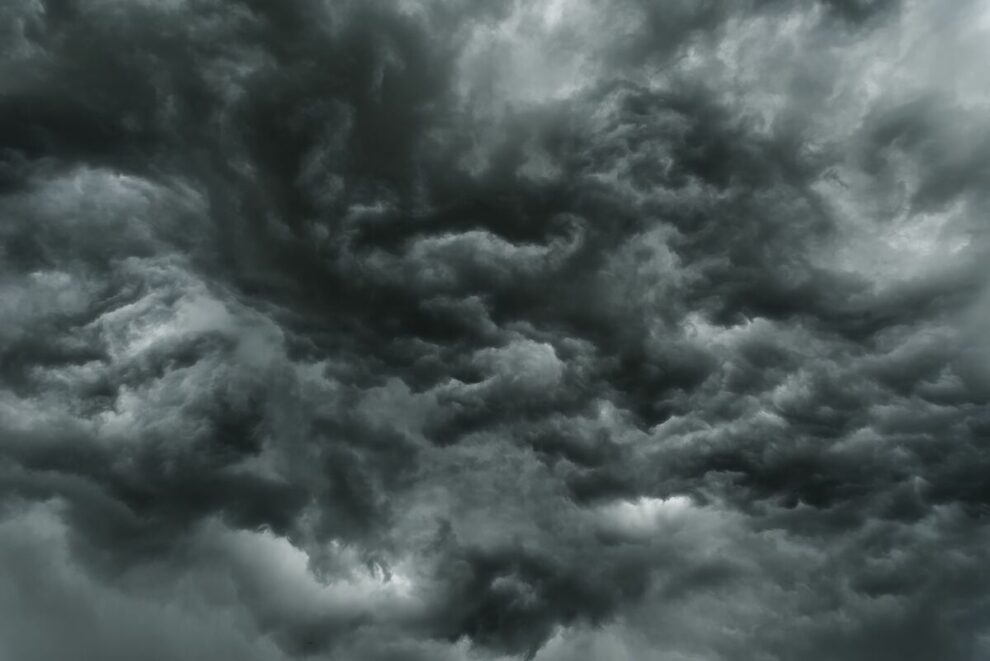Every time a hurricane strikes the US, which has happened less frequently this decade than most previous decades, the alarmists are soon out in force saying it’s “happening more and more” under climate change. Then when tiresome science nerds say, no it isn’t, they retreat to saying, yeah, but as the climate warms it will happen more in the future. Which isn’t so much evidence as conjecture. Ah yes, but it’s computer conjecture, aka model projections, right? Wrong. It turns out it’s not even what models project. Not long ago a team of scientists used a model with fine enough spatial resolution to simulate tropical cyclone (TC), aka hurricane, formation, ran the model with a lot of warming (the RCP4.5 scenario) and an enormous amount (RCP8.5). The result? “We find a reduction in overall global TC activity as climate warms.” So if the fabled computers are right, the more it warms, the more hurricane activity will decline. Stand by for activists to pivot to saying the decline in hurricanes proves we’re destroying the planet.
It’s not all bad news for the alarmists. Which is the same as saying it’s not all good news for the human race. While overall cyclone activity declines in their models, the researchers found a few areas where the smaller number of hurricanes had a greater tendency to be extreme ones. This happened in the Northwest Pacific near Japan, east of Madagascar and in a tiny patch of ocean east of Australia. (Or rather it “happened” in a computer simulation of these places which, we say again, is not technically the same thing.) But there was no prediction for increased hurricane intensity in the Atlantic or anywhere near the US coast. In the Atlantic, the models showed fewer hurricanes and no tendency for them to be more extreme.
Which we can safely predict will be 100% opposite to what newspaper columnists and politicians will claim if, between now and the end of hurricane season, a major hurricane hits the US coast. Whereas if one doesn’t, they’ll claim they predicted it too.



Around the time of hurricane Katrina, I put 2 & 2 together to reach a stunning conclusion, to wit: (i) hurricanes are not caused by the amount of heat in the atmosphere, but rather by a clash between cold- and warm-air fronts; (ii) global warming predicts that the poles will warm faster than the equator, resulting in a smaller temperature gradient around the planet; therefore (iii) global warming should bring fewer hurricanes in its trail, not more of them. I'm just an amateur hobbyist in this field, but (i) and (ii) seem to be tenets of the "settled science," whereas the implication is the opposite of that. What gives? - I wondered. To date, I have not found an answer to this paradox that would be satisfactory to the alarmist conjecture.
A simple reason for more named TC's is because we are continually adding more and different satellite observation of the oceans. Storms that develop in the middle of the ocean and disappear in 24 hours get named. Many would not have been counted or even been aware of before the year 2000 unless reported by ship traffic. So when you hear how storms have increased since 2000. You know why
Hurricanes and tropical storms generally are related most closely to sea surface temperatures (SSTs). I think this is easy science to accept and I think is not under debate (unless you wish to question). Wind shear tends to reduce their formation and consistent wind through altitude tends to support their formation.
Until a few years ago there was a page on the nhc.noaa.gov site which said that there was no trend in frequency or severity of hurricanes - this has now been removed (I can’t find it anyway) as it was clearly “off message”. Given the better observations now possible (per Mr Gatto) this is particularly significant I suggest.
The interesting thing is that if hurricanes are not more frequent or more severe, then that implies that tropical SSTs are not changing, which tends to imply that neither the sea is getting hotter nor the ocean surface.
The other point worth noting is that hurricanes are awfully difficult to fake - even for NASA - so no trend in hurricanes is a really useful independent indicator.
(Declaration of interest - I spent several Summers in the Caribbean on my sailboat and thus did quite a lot of research on hurricanes - as a matter of self-preservation you understand.)